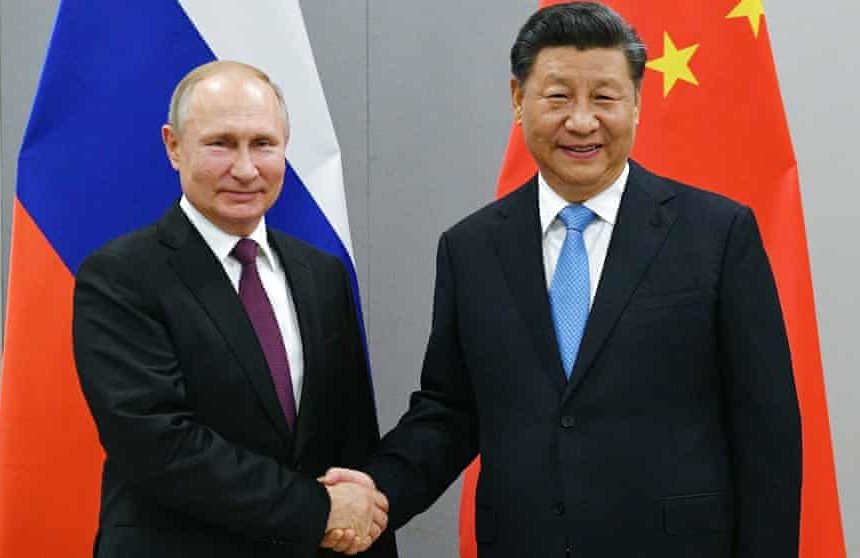It goes without saying that Olympic athletes need clean air to perform at their best. So for this year’s Winter Games, China pulled the same trick it had unveiled before the Summer Games in 2008: it shut down heavy industry production for a few weeks ahead of and during the competition to allow pollutants to clear.
Beijing’s autocratic government does the same thing whenever a major event comes to town. “China often orders factory shutdowns to cut air pollution, including notably during the Asia-Pacific Economic Cooperation (APEC) forum in 2014, which resulted in rare clear sky days dubbed “APEC blue,” the Hong Kong-based South China Morning Post explained in December.
>>>READ: Beware of China’s Phony Climate Ambition
There’s a lesson here: If you want clean air for a few weeks, an autocratic government may be the way to go. But what if you think everyone, not just Olympic athletes, deserves clean air every day? China’s not faring so well at that.
“According to the monitoring data from the Embassy of the United States, there was on average 40.5 micrograms of PM2.5 particles per cubic meter to be found in the air in Beijing during 2021,” Statista reported this year. To be fair, that’s an improvement from a decade earlier, when the embassy measured more than 100 micrograms of PM2.5. But it is a far cry from American air, which was measured at an average of just over 8 micrograms of PM2.5 in 2020.
That’s the pollution you can see.
When it comes to invisible but important carbon dioxide emissions, China is doing even worse. “China released 10.67 billion metric tons of carbon dioxide emissions in 2020, making it by far the largest world’s largest polluter that year,” Statista notes. China gave the world the COVID virus, which drove CO2 emissions down almost everywhere else that year, but these emissions, somehow, still jumped in China. At the same time, “in 2020, U.S. greenhouse gas emissions totaled 5,215.6 million metric tons of carbon dioxide equivalents after accounting for sequestration from the land sector,” the EPA reported. “Greenhouse gas emissions in 2020 (after accounting for sequestration from the land sector) were 22 percent below 2005 levels.”
We are moving in the right direction, and China is moving in the wrong direction. The difference is economic freedom.
>>>READ: Cleaned by Capitalism: How Economic Freedom Creates a Cleaner Environment
“Freer economies are cleaner economies. Many of the indicators that measure a country’s overall economic freedom: property rights, investment freedom, trade freedom and strong institutions, are essential for environmental progress,” wrote C3 Solutions last year in its landmark “Free economies are clean economies” report that compared data from The Heritage Foundation’s Index of Economic Freedom together with Yale’s Environmental Performance Index. “The correct economic and policy environment cultivates a system that rewards innovation, efficiency and stewardship. A system rooted in economic freedom generates more wealth for individuals and societies, so they can invest in protecting the environment.”
C3 Solutions will be updating the Free Economies are Clean Economies report later this year based on new data from Heritage and Yale. Just last week, The Heritage Foundation released its 2022 Index of Economic Freedom in Singapore, which ranked 1st in the rankings. The Index of Economic Freedom aims to determine where economic freedom is flourishing, and where it is languishing. Congrats to Singapore!
As for China, the 2022 Index ranks China as “Repressed,” slotting it in as the 158th freest country in the world. “Protection and enforcement of property rights are weak. All land in China is owned either by the state or by rural collectives. Land seizures are common,” the Index notes. Here is a place where economic freedom matters.
People take care of things they own, like their car or house. They don’t take as much care with other people’s things. Because of what economists call the “tragedy of the commons,” individuals in China have no reason to protect the environment because they can’t control property. Economic freedom pays dividends to owners.
On Heritage’s Index, the United States fares much better although progress can still be made. “Driven lower by a sharp decrease in its fiscal health score, the U.S. has recorded a 3.0-point overall loss of economic freedom since 2017 and has fallen from the upper half to the lower half of the ‘Mostly Free’ category,” the Index points out. “Business freedom and rule of law are strong, but the economy is being crushed by reckless government overspending.” The U.S. isn’t doing as well as it used to do and not as well as it needs to do, but through more principled spending at the federal level, we can quickly increase our score.
As the Free Economies report concludes, “there is no greater source of environmental injustice in the world today than central planning.” Economic freedom delivers a cleaner environment today as it promises a better environment in the future. To reduce emissions globally while promoting human prosperity, the world will need solutions rooted in economic freedom. By expanding economic freedom, the solutions are endless. Let’s get started.
Drew Bond is the President and CEO of the Conservative Coalition for Climate Solutions (C3 Solutions)
Anthony Kim is a Research Fellow in Economic Freedom, Editor of the Index of Economic Freedom, and Manager of Global Engagement at The Heritage Foundation’s Thatcher Center
The views and opinions expressed are those of the author’s and do not necessarily reflect the official policy or position of C3.
